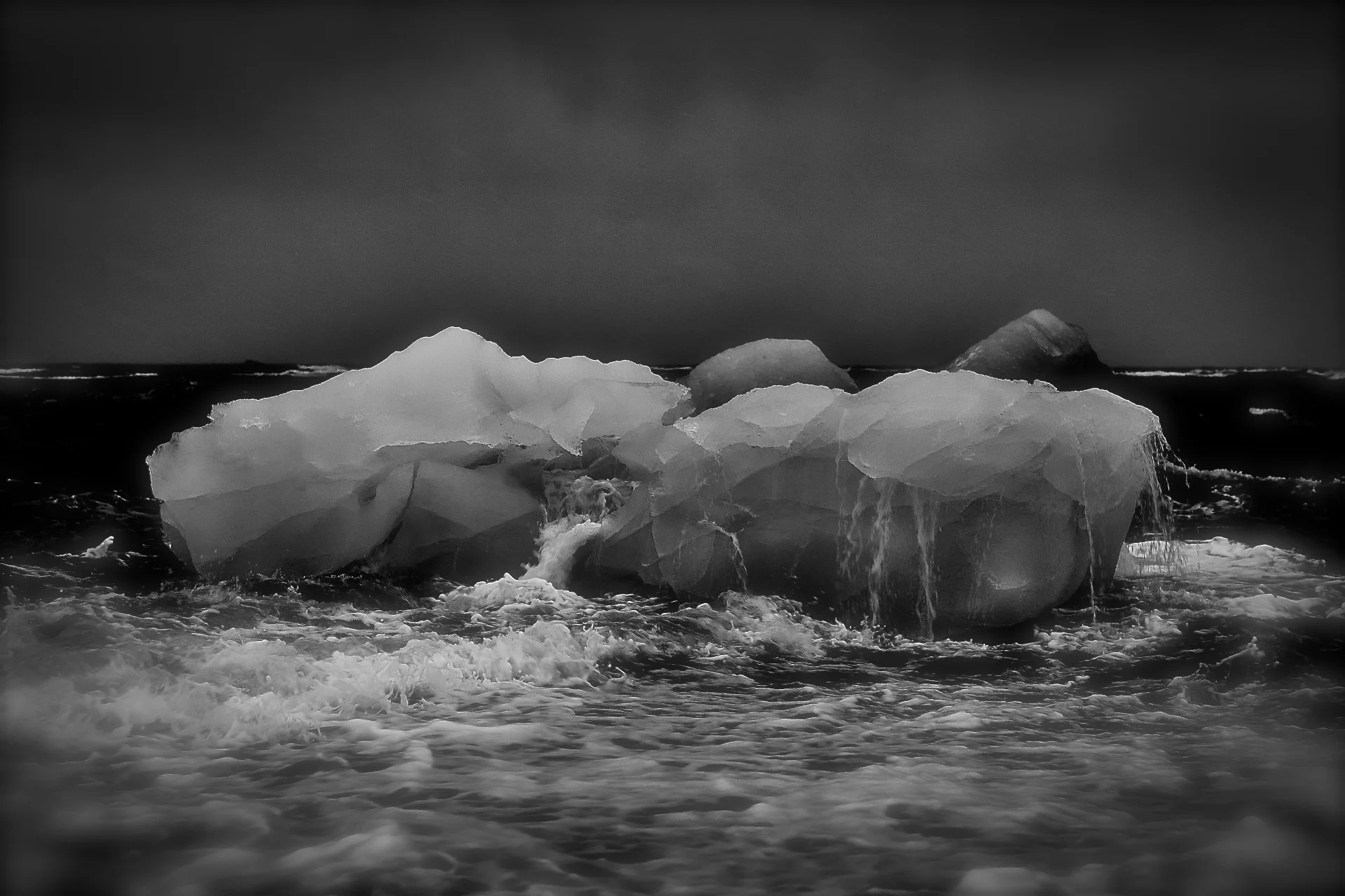“Twenty or 30 years from now, I think towing icebergs will be a regular thing.”
At the end of Rapa-Nui, a not-very-well-received but interesting nonetheless Hollywood movie from 1994 about the original inhabitants of Easter Island, the Bird-Man, Ariki-Mau — aka Island King — spots an iceberg at sea, in the middle of the South Pacific. Ariki-Mau believes the iceberg is the Great White Canoe of ancestors’ lore, sent to carry him to the Gods. He swims out to it with several of his followers, and is never seen again.
It was hard not to think of Rapa-Nui — an iceberg in one of the most remote corners of the South Pacific? — when hearing of a marine-salvager’s proposal to tow a giant iceberg from Antarctica all the way to South Africa, to solve Cape Town’s water crisis.
A 125-million ton iceberg could conceivably supply 20% of Cape Town’s annual water consumption.
On the other hand, while humankind’s ingenuity seemingly knows no bounds, the practical challenges could well prove insurmountable, starting with the cost and ending with the ethical question of who owns Antarctica’s natural resources in the first place.
Then there are the potential perils if, for example, the iceberg were to tip over in rough seas (unlikely, given the vast percentage of an iceberg’s mass that lies beneath the ocean’s surface) or — more likely, if not inevitable — were to splinter and crack along the way.
Enough stakeholders are taking this proposal seriously that accredited glaciologists were willing to talk to the aggregate-news site Live Science, however, with Ted Scambos, senior
researcher with the University of Colorado’s Earth Science Observation Center, telling the site, “The issues are going to be how massive it is and the fact that it’s going to start melting as they go along.
“There are ways for the iceberg to break once it does start to get warm that are difficult to control.”
Bloomberg Businessweek profiled the marine-salvage master in question, Nicholas Sloane, and found that he does have a credible record in marine rescues, from saving a colony of rockhopper penguins soaked in fuel from a shipwreck off the remote south Atlantic archipelago of Tristan da Cunha to helping refloat the Costa Concordia, the Italian passenger liner that capsized off Tuscany in January, 2012, drowning 32 passengers.
The plan sounds goofy as all get-out, but no doubt many thought the same when, on May 25, 1961, then-US President John F. Kennedy stood before Congress and vowed to land a man on the moon and return him safely to Earth.
“I promise you,” Sloane told Bloomberg Businessweek, “the water situation in some parts of Africa is getting worse all the time. It’s certainly not getting better.
“Twenty or 30 years from now, I think towing icebergs will be a regular thing.”

